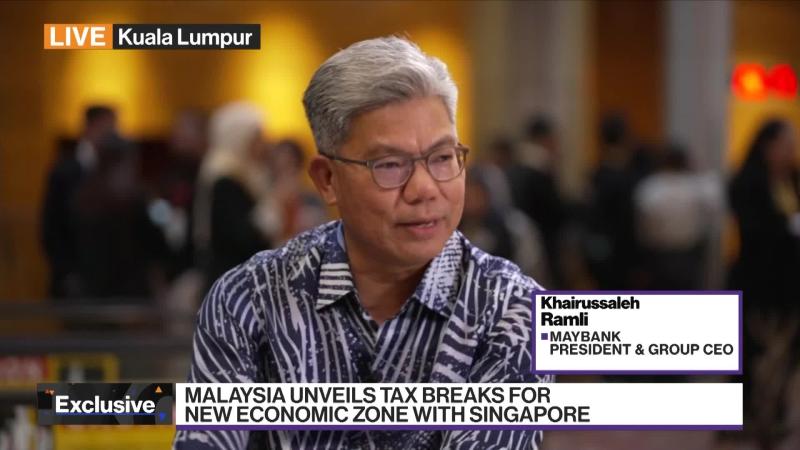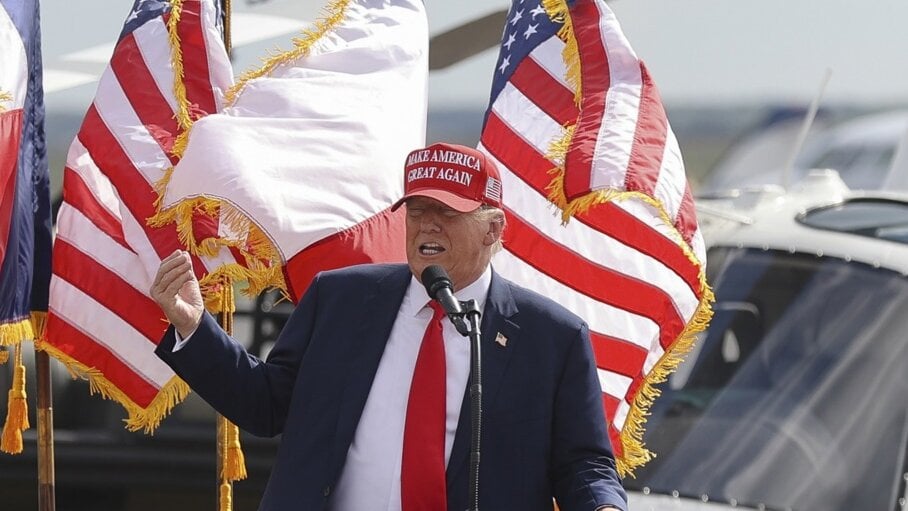Manila Stands Strong Against Chinese Pressure Over Missile Defense

Table of Contents
China's Assertiveness and its Impact on Manila's Missile Defense Strategy
China's increasing military presence in the South China Sea, including the construction of artificial islands and the deployment of advanced weaponry, directly challenges Philippine sovereignty. This assertive posture significantly influences Manila's approach to strengthening its missile defense capabilities.
-
Escalating Tensions: China's consistent disregard for international law, as evidenced by its expansive territorial claims in the South China Sea, fuels anxieties in Manila. Incidents involving Chinese coast guard and maritime militia vessels harassing Filipino fishermen and encroaching on Philippine waters underscore the gravity of the situation.
-
Pressure Tactics: China employs various pressure tactics, including economic coercion and diplomatic maneuvering, to dissuade Manila from bolstering its defenses. This includes attempts to influence Philippine policy through trade agreements and investments, creating a delicate balancing act for the Philippine government.
-
Modernizing the Military: In response to these challenges, the Philippines is actively modernizing its armed forces, with a focus on enhancing its missile defense capabilities. This includes acquiring new equipment and technology, as well as strengthening partnerships with countries that share similar security concerns. Investments in radar systems, coastal defense, and potentially, longer-range missile systems, are all part of this strategic shift.
-
Regional Stability at Risk: China’s actions destabilize the region, jeopardizing freedom of navigation and overflight – principles crucial for global trade and regional security. Manila's response, therefore, has implications far beyond its own borders.
Manila's Strengthened Military Ties and Regional Alliances
Manila's response to Chinese pressure hinges heavily on strengthened military alliances and regional partnerships. The US-Philippines military alliance, solidified by the Enhanced Defense Cooperation Agreement (EDCA), plays a pivotal role in deterring Chinese aggression.
-
EDCA's Significance: The EDCA allows the US to rotate troops and preposition equipment in designated Philippine bases, bolstering the country’s defense posture and providing a significant deterrent against potential Chinese aggression. This agreement contributes directly to enhancing Philippine missile defense capabilities through intelligence sharing, joint training exercises, and the potential deployment of US missile defense assets.
-
ASEAN and Beyond: The Philippines actively engages with ASEAN (Association of Southeast Asian Nations) partners to foster regional cooperation on maritime security issues. Collaboration with like-minded countries, such as Japan, Australia, and other nations concerned about China's actions, further enhances Manila’s strategic position. This multifaceted approach fosters a network of support and reduces Manila’s reliance on a single partner.
-
Mutual Defense: While not explicitly stated, the strengthening military ties with the US provide a degree of implied mutual defense, a crucial element in deterring potential attacks.
Economic Considerations and the Balancing Act
Manila faces a complex balancing act between its economic relationship with China and its need for national security. China is a significant trading partner for the Philippines, making economic dependence a crucial consideration in formulating defense strategies.
-
Economic Repercussions: Resisting Chinese pressure can have potential economic repercussions, including trade restrictions and reduced investment. However, the cost of inaction in terms of national security and sovereignty is far greater in the long run.
-
National Security First: The Philippines’ current government, while acknowledging the importance of economic ties with China, prioritizes national security. The investment in missile defense is viewed as a necessary measure to safeguard the nation's sovereignty and territorial integrity.
-
Long-Term Economic Implications: While short-term economic costs might arise, a strong defense posture and secure territorial waters could generate long-term economic benefits through increased maritime trade and enhanced resource development.
Public Opinion and Domestic Support for a Strong Defense
Public opinion in the Philippines strongly supports a stronger defense posture against China. Nationalism plays a significant role in shaping this sentiment, with many Filipinos viewing China's actions as a direct threat to their country's sovereignty and territorial integrity.
-
Nationalist Sentiment: The issue of the South China Sea and the assertive actions of China have fostered a strong nationalist sentiment within the Philippines, reinforcing support for the government's efforts to strengthen its military capabilities.
-
Political Consensus: While there might be differing opinions on specific strategies, there exists a broad political consensus on the need for a robust defense posture to counter China's actions in the South China Sea.
Conclusion
Manila's resolute stance against Chinese pressure concerning missile defense reflects a complex interplay of national security concerns, regional alliances, and economic considerations. The strengthened US-Philippines alliance, underpinned by the EDCA, is crucial in deterring Chinese aggression and bolstering Manila's capacity to defend its territorial claims. The Philippines' actions have significant implications for regional stability in the South China Sea and highlight the rising geopolitical tensions in the Indo-Pacific region. Further research is needed to fully understand the long-term implications of this increasingly complex situation. Staying informed on the ongoing developments regarding Manila's missile defense strategy and China's actions in the South China Sea is paramount for understanding this crucial geopolitical issue.

Featured Posts
-
 Kaellmanin Nousu Kentaeltae Ja Sen Ulkopuolelta
May 20, 2025
Kaellmanin Nousu Kentaeltae Ja Sen Ulkopuolelta
May 20, 2025 -
 Maybank Facilitates Significant Economic Zone Investment 545 Million
May 20, 2025
Maybank Facilitates Significant Economic Zone Investment 545 Million
May 20, 2025 -
 Complete Guide To Nyt Mini Crossword March 5 2025
May 20, 2025
Complete Guide To Nyt Mini Crossword March 5 2025
May 20, 2025 -
 Pregovori S Putinom Analiza Toncija Tadica I Putinovih Strategija
May 20, 2025
Pregovori S Putinom Analiza Toncija Tadica I Putinovih Strategija
May 20, 2025 -
 Quantum Leap In Drug Development D Wave Qbts And The Power Of Ai
May 20, 2025
Quantum Leap In Drug Development D Wave Qbts And The Power Of Ai
May 20, 2025
